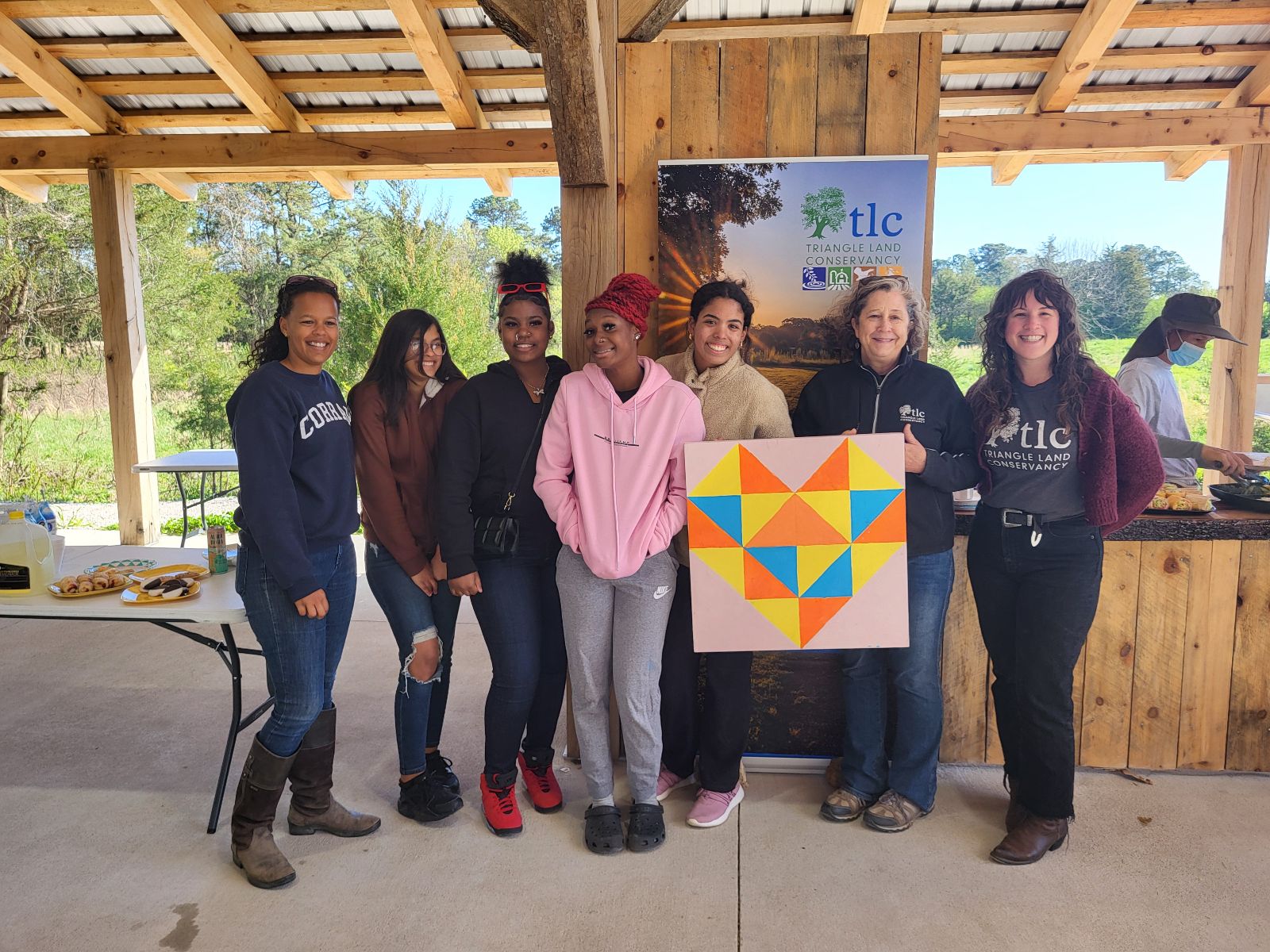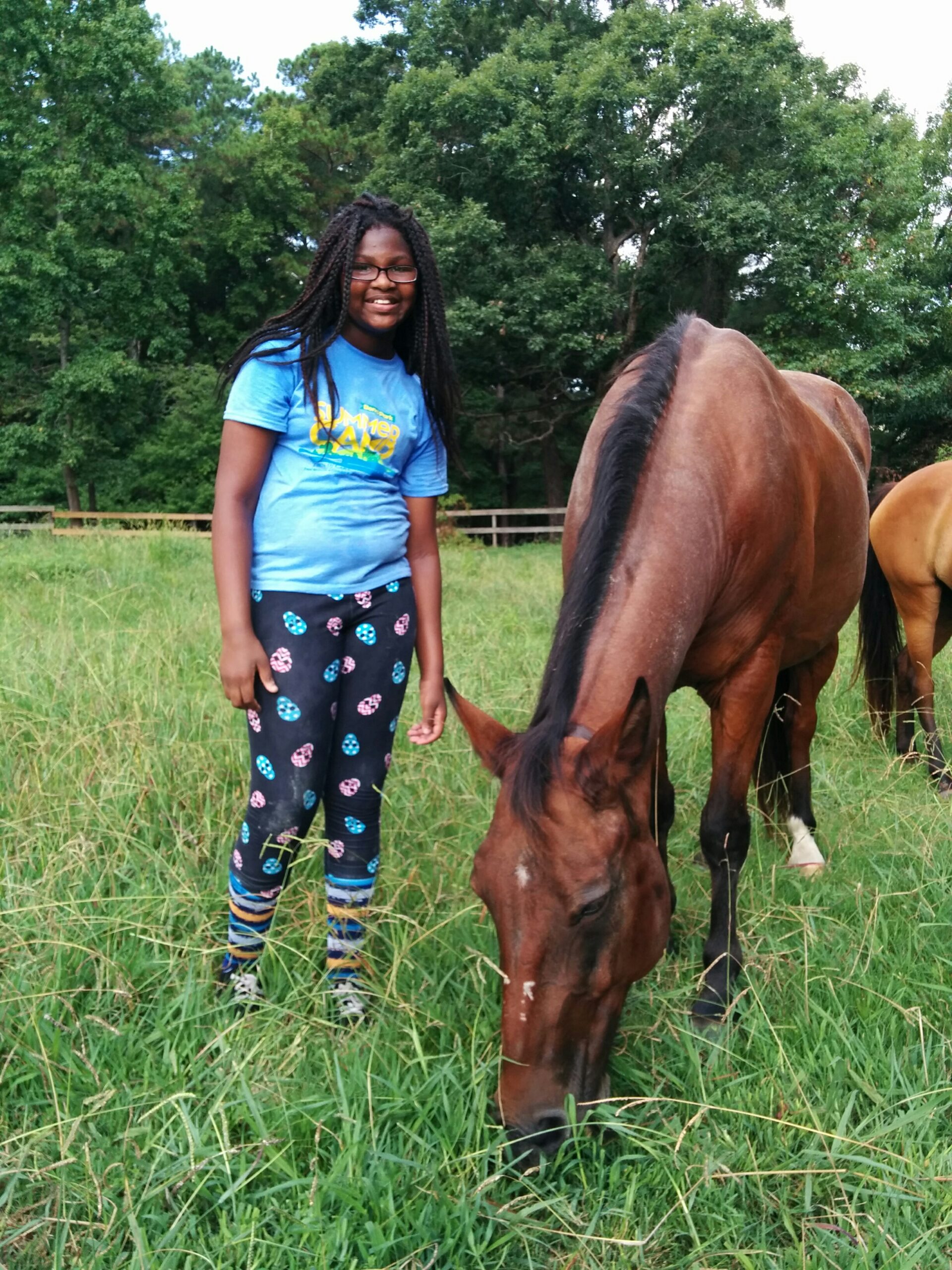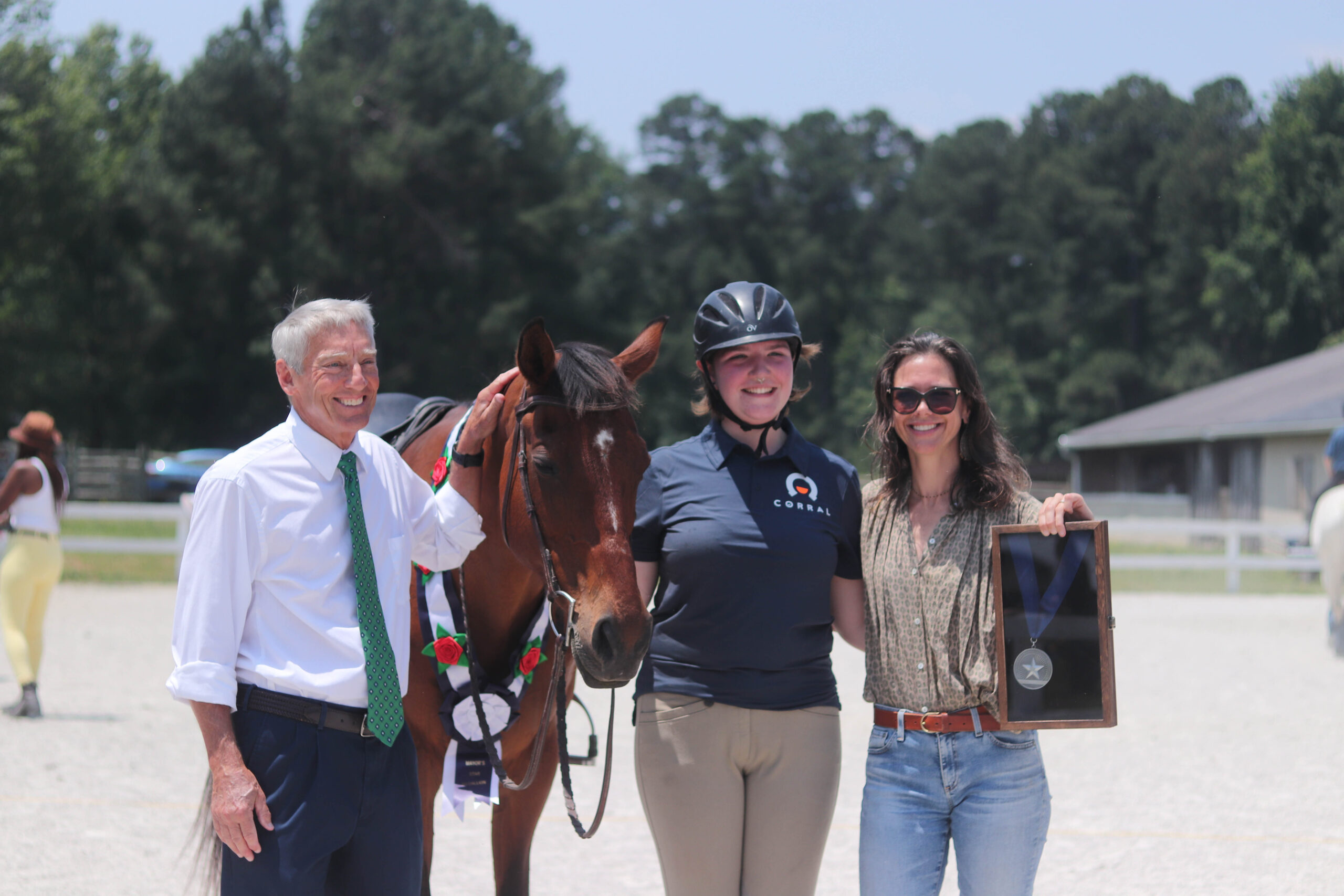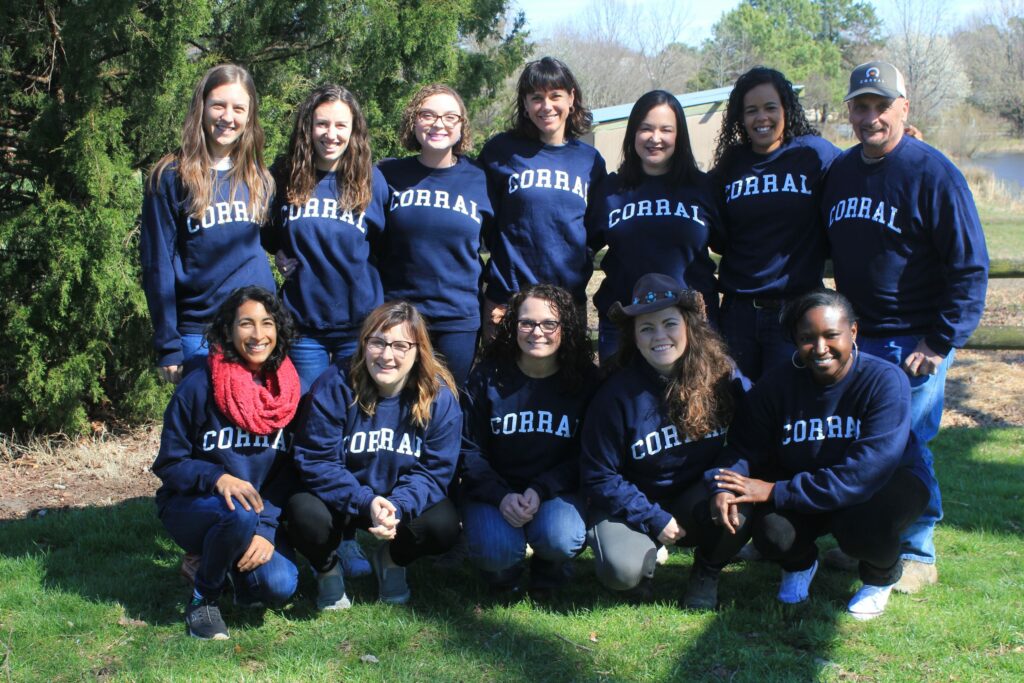Researchers have discovered a dangerous biological syndrome caused by abuse and neglect during childhood. As the 2016 documentary Resilience reveals, toxic stress, as a result of childhood abuse, can trigger hormones that wreak havoc on the brains and bodies of children, putting them at a greater risk for disease, homelessness, prison time and even, early death.
On a larger scale, traumatic childhood events, such as abuse, neglect, and witnessing experiences like crime, parental conflict, mental illness, and substance abuse, can result in long-term negative effects on learning, behavior, and intergenerational trauma.
Often referred to as adverse childhood experiences (ACEs), these types of events can create dangerous levels of stress that can derail healthy brain development, and increase the risk for injuries, future violence victimization, substance abuse, depression, heart disease, and dozens of other illnesses and unhealthy behaviors throughout life. Ultimately, ACEs can result in lower educational attainment and limited employment opportunities, perpetuating a cycle of poverty, and often, intergenerational trauma.
Breaking the cycle of intergenerational trauma will be much more successful when both parents and children are taught resilience. A recent study found parents’ ACEs exposure was related to their children having a worse overall health status and higher odds of asthma. Though the “how” is not yet fully understood, the impact may be related to parents using the same parenting behaviors as those practiced by their own parents or the ongoing impact of significant environmental stressors like poverty, unsafe living conditions, or racial inequity across generations.
CORRAL’s five-pillar program, consisting of horseback riding, vocational training, mentorship, academic tutoring, and EAP, builds resilience in our girls that extends beyond their time at CORRAL. During this COVID-19 season, we’ve adapted our standard parent services by adding a virtual parent support group with daily calls, a resource-rich kit for families, and an assigned mental health professional to each family with daily check-ins. During these sessions, CORRAL parents learn strategies to support their daughter’s emotional health, help improve their daughter’s academics and improve the parent/child relationship.
By intervening during early teen years, we focus on developing our girls into healthy and resilient adults, ultimately, ending the cycle of intergenerational trauma in their lifetime.






